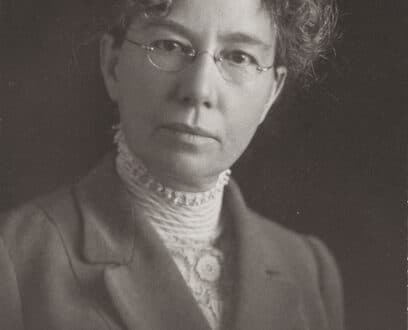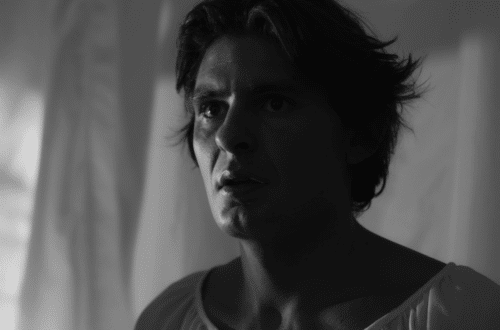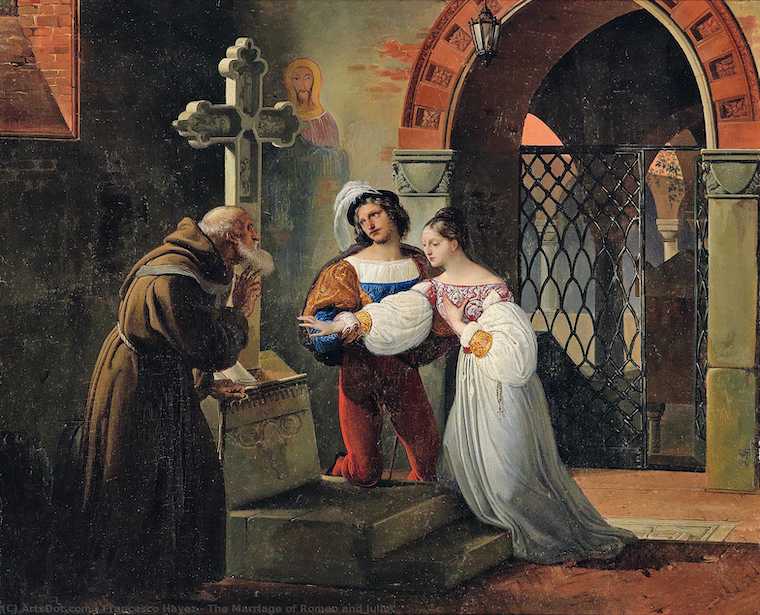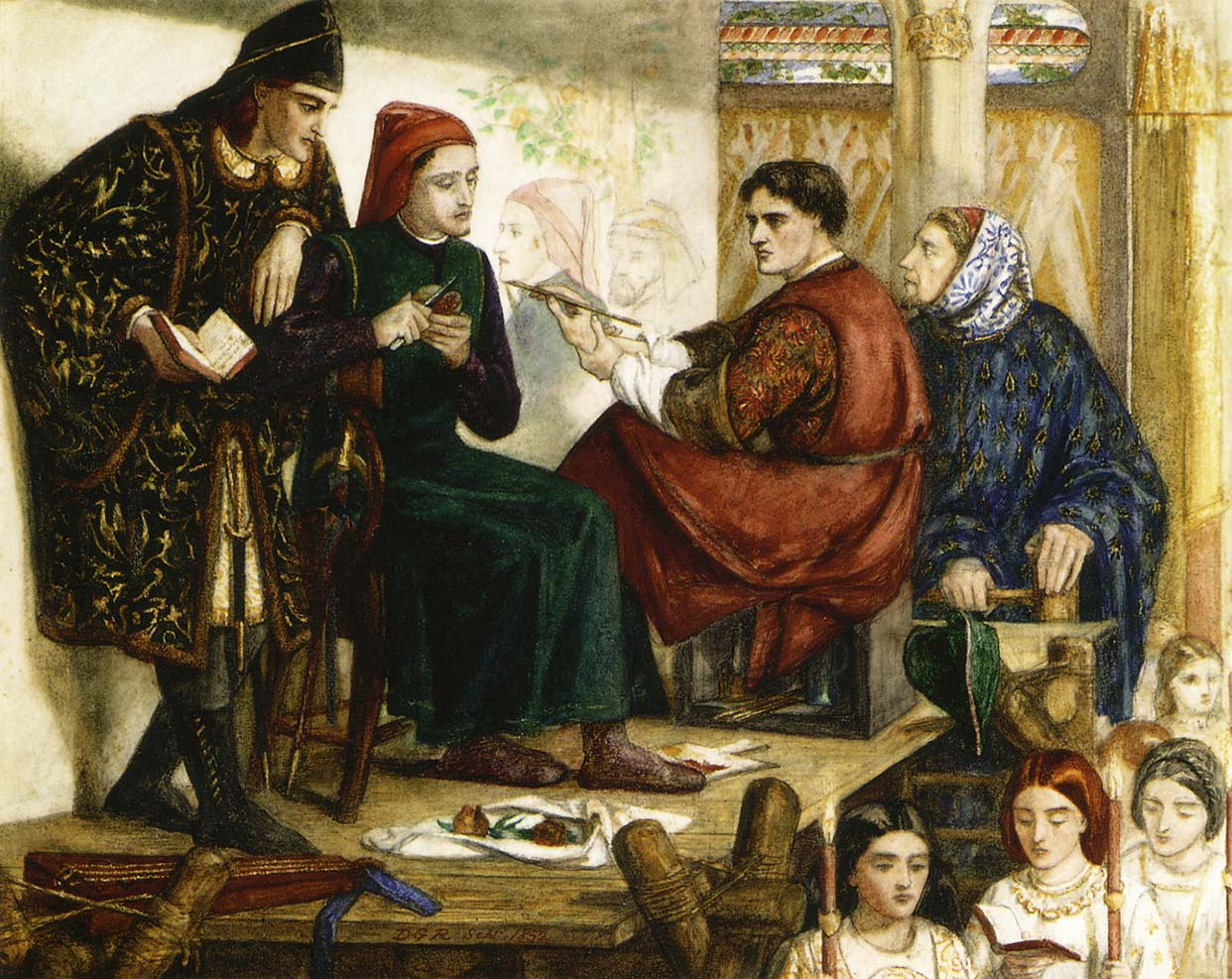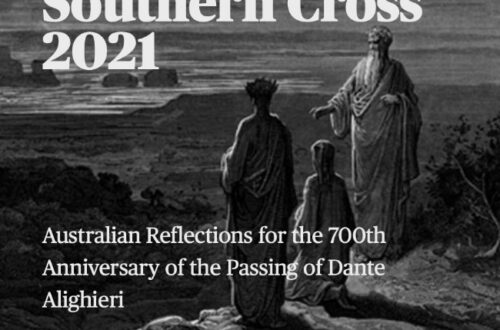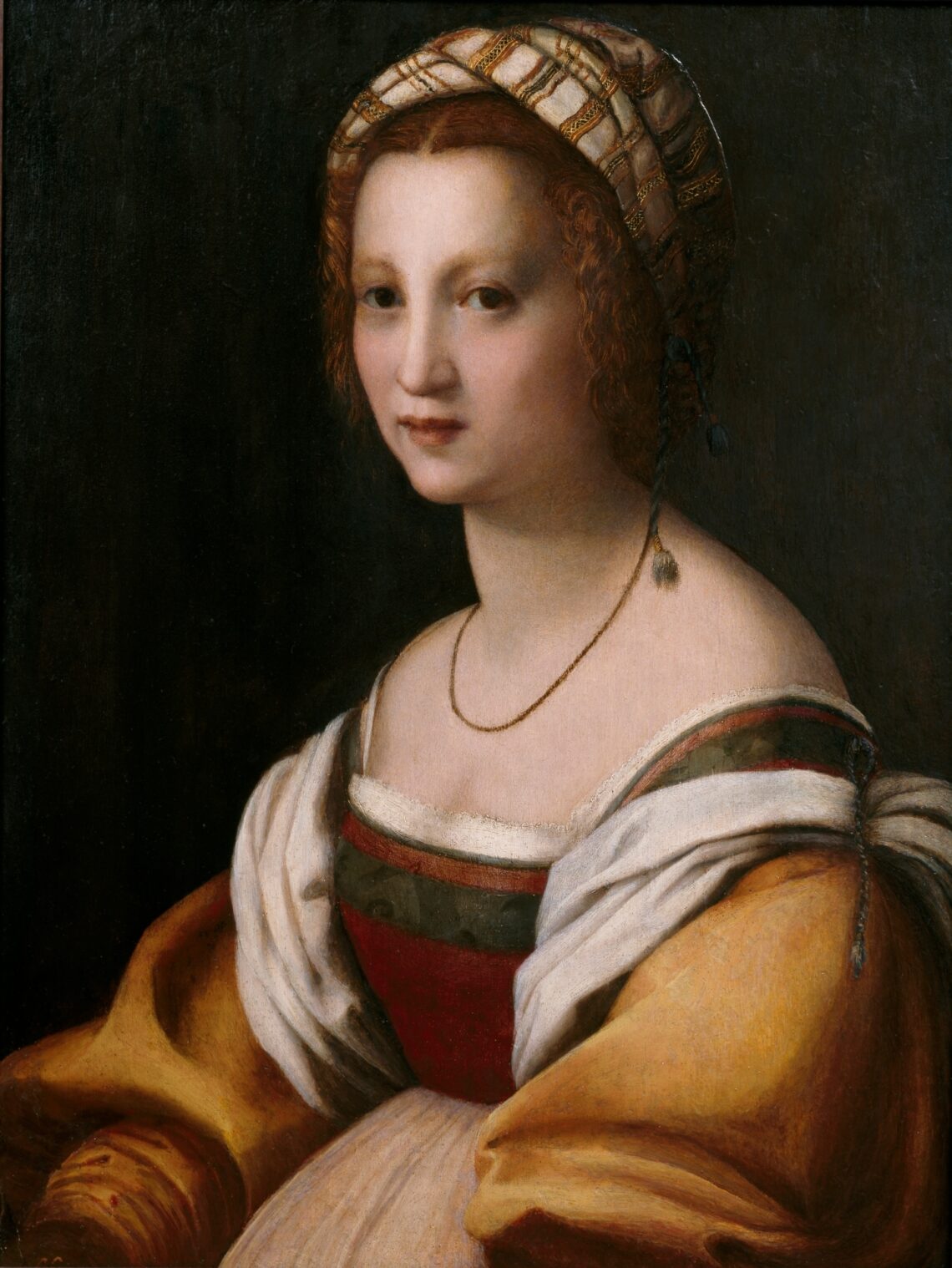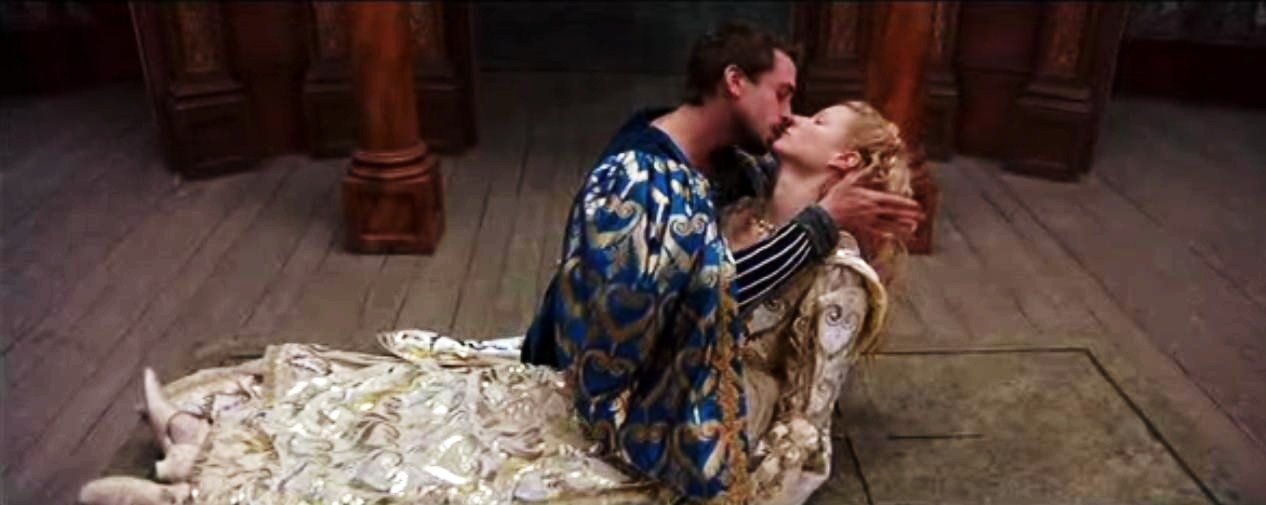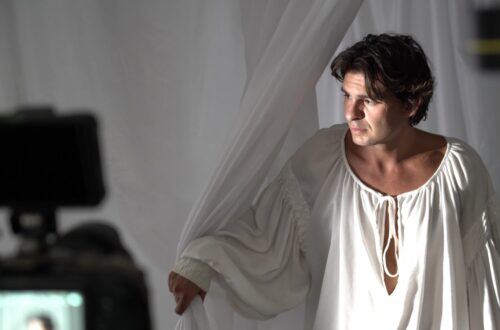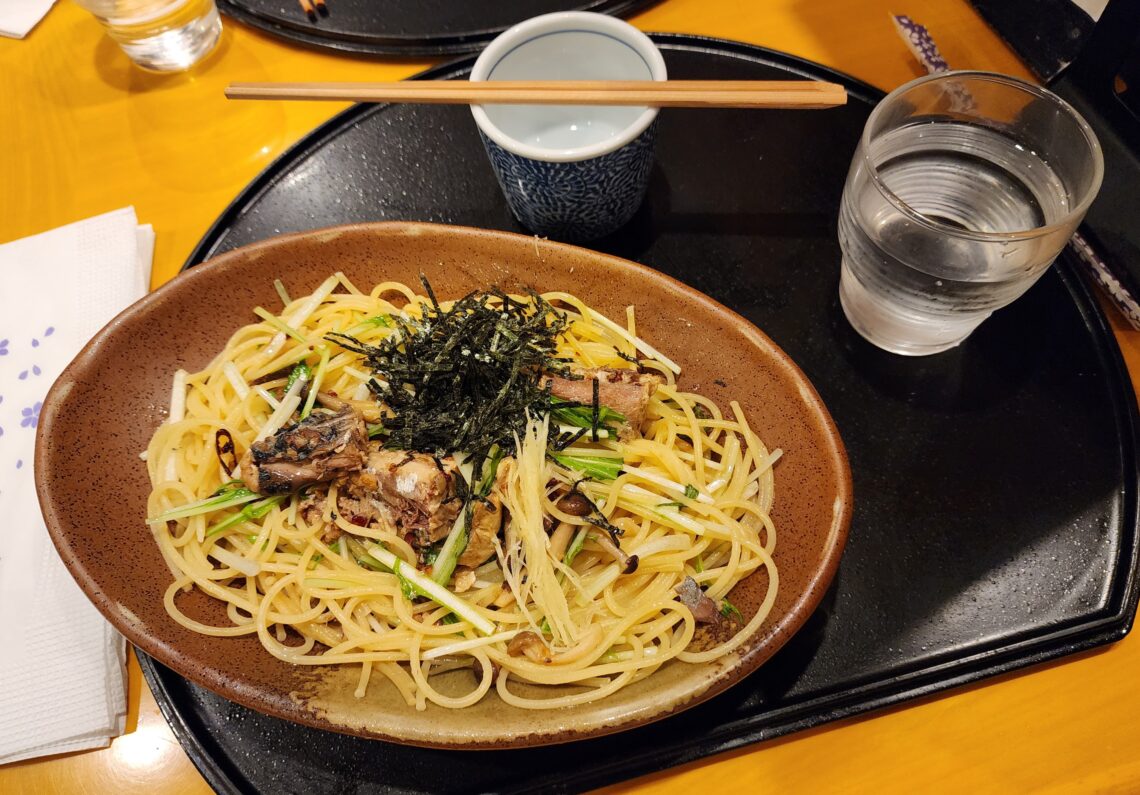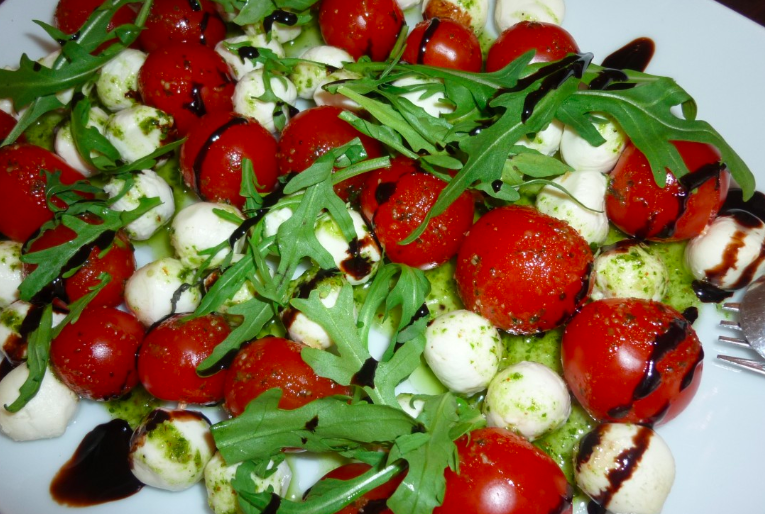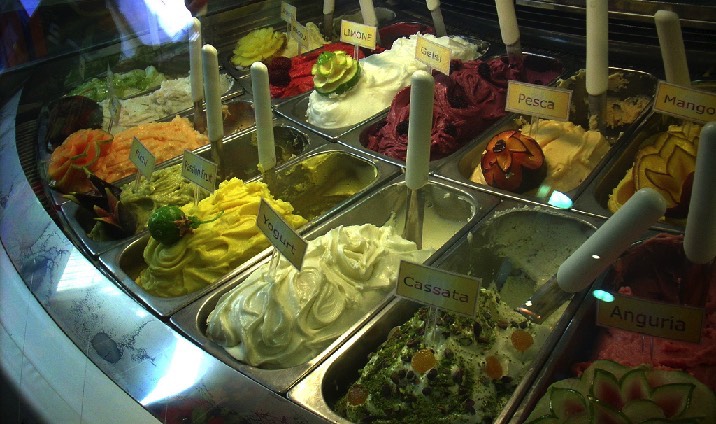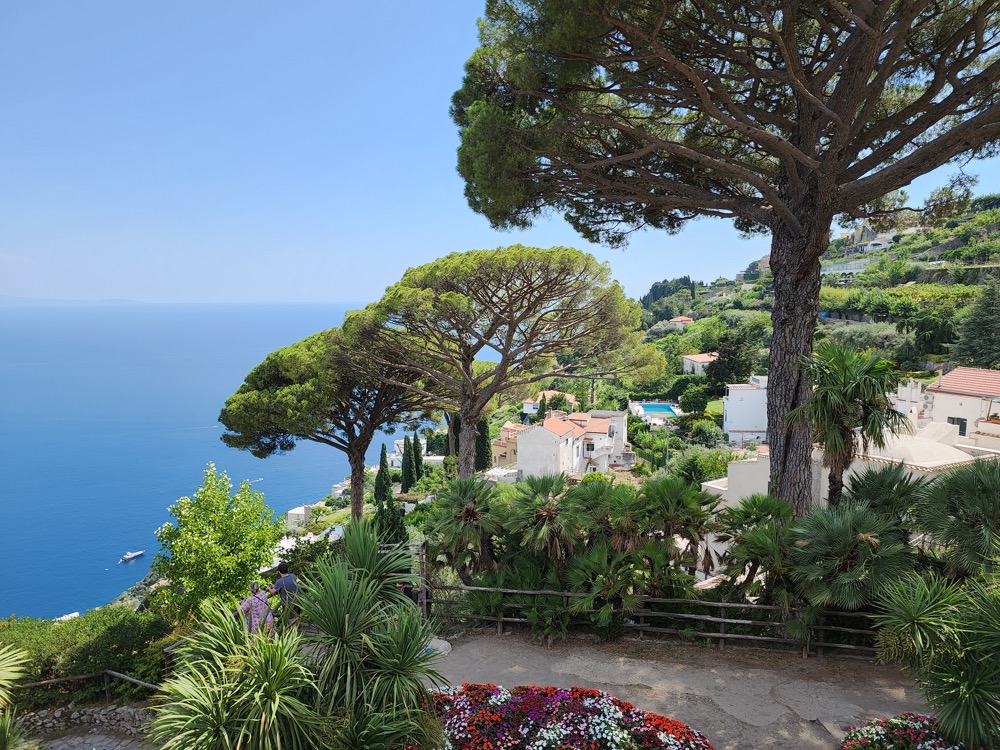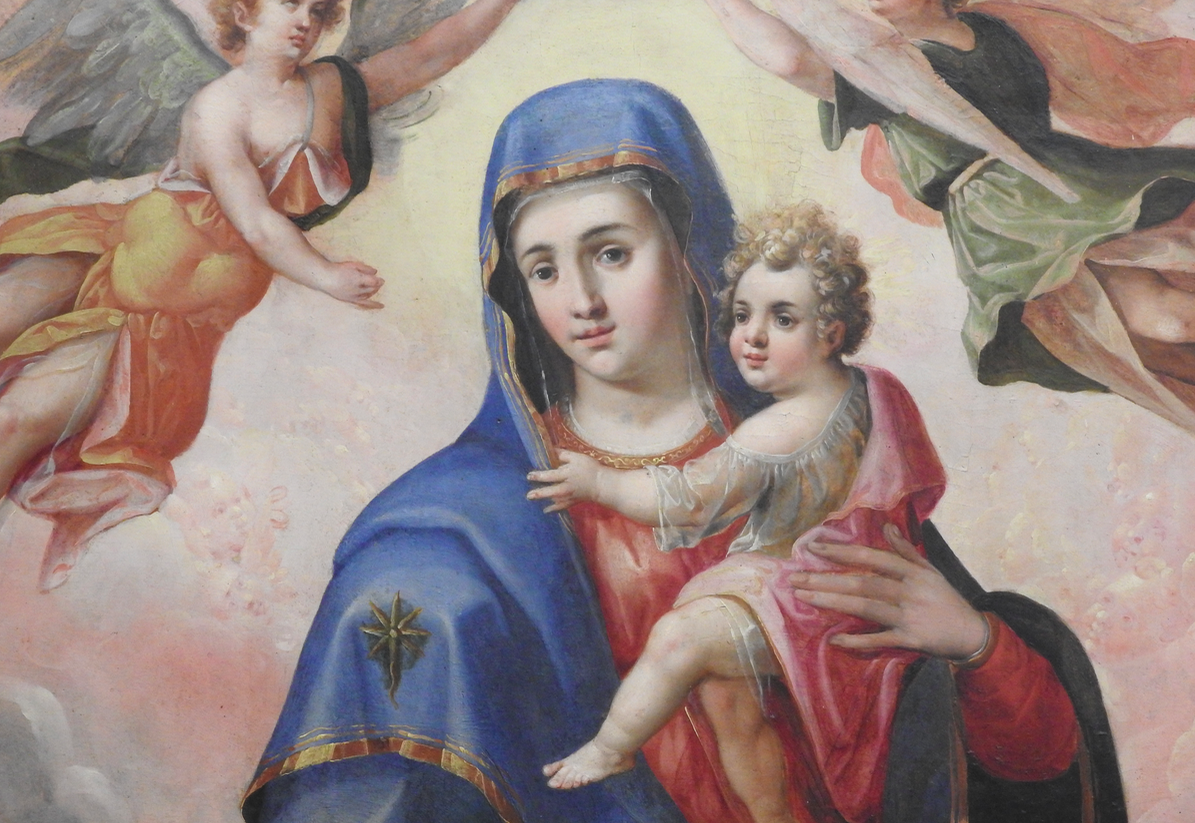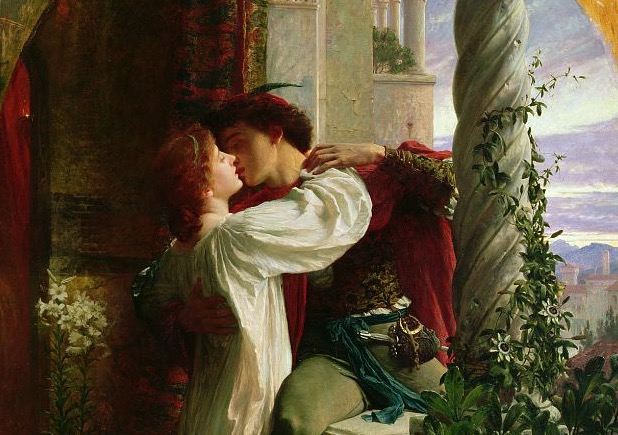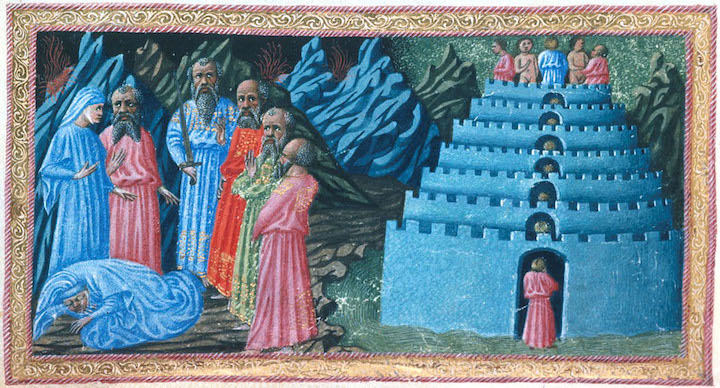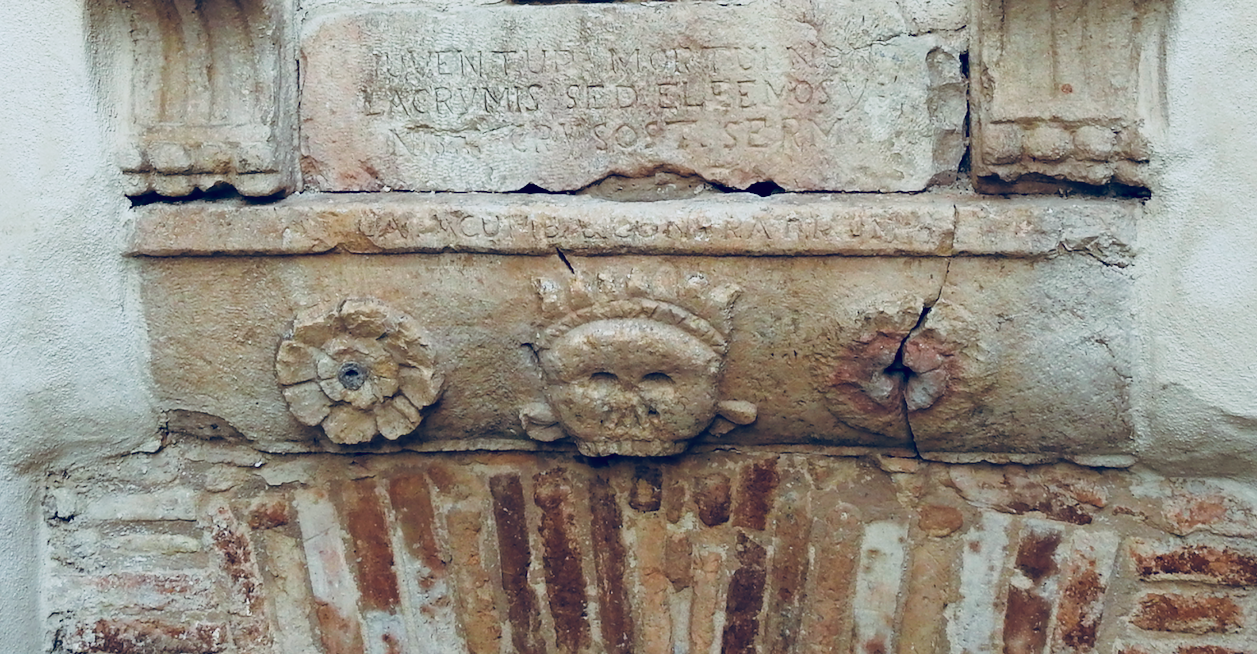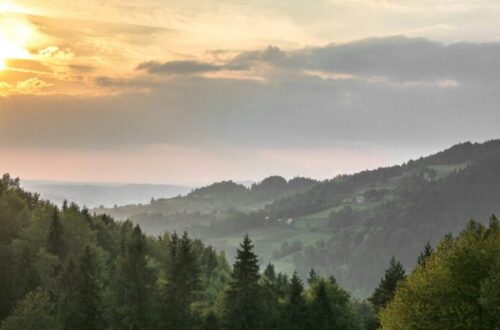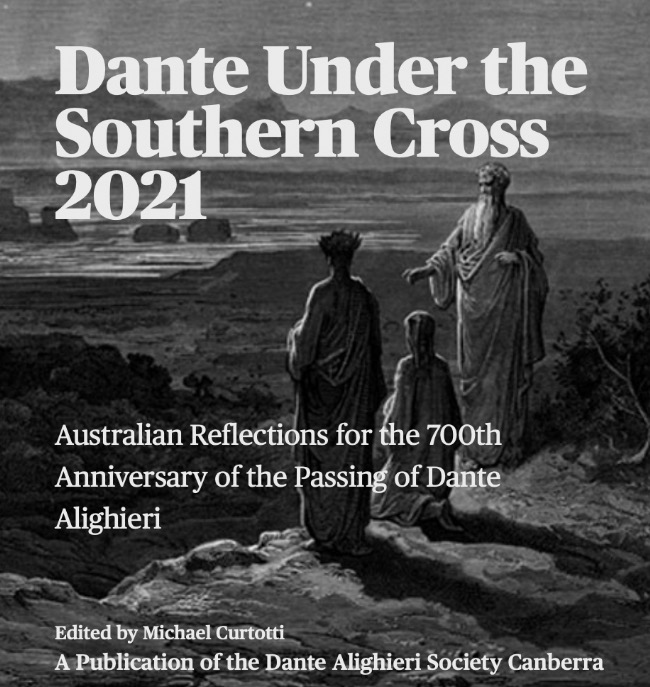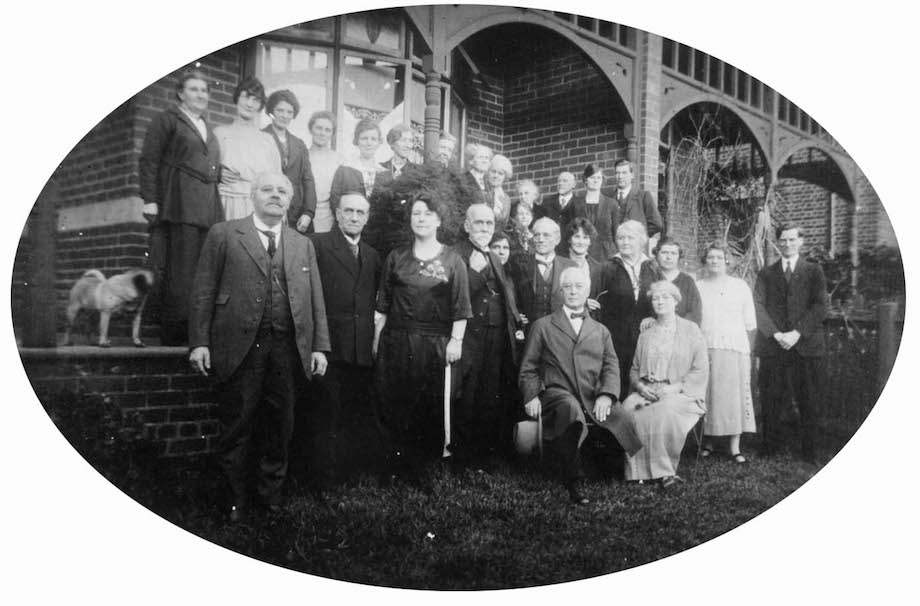Italian Stories
-
Luke Whitington: an Australian poet with an Italian heart
Luke Whitington lives in Sydney, but twenty years of his life were spent in Italy. Those years have left an indelible longing in his life which has been expressed in his extraordinary poetry which returns again and again to his experience of Italy. As a young man he chose a path less travelled: leaving a career in the Department of Foreign Affairs and Trade to undertake language studies at the University of Perugia in Umbria. His adventure continued to unfold as he became a successful entrepreneur. Working with Italian partners he restored heritage buildings in the countryside of Umbria. His journey was to take him to Ireland (where he began…
-
An Interview with Dr Francesco Ricatti: Matteo Bandello’s Romeo and Juliet
Recently, I was privileged to speak with Dr Francesco Ricatti, Associate Professor of Italian Studies at the Australian National University who kindly arranged the interview which was intended for his second year Italian language students. Our conversation was about Matteo Bandello’s Romeo and Juliet: the Italian novella that inspired the Shakespeare play we all know. I have embedded the video of the interview below. Also, as time didn’t allow, below are a few further thoughts to further explore Bandello, his life and his writing and particularly his Romeo and Juliet. Matteo Bandello: A Refugee Whose Writings Reached the World Starting with Matteo Bandello’s life, in the video we discuss how…
-
Giustina Rocca of Trani: The World’s First Woman Lawyer?
As we near the end of the nineteenth century, in country after country, we see women breaking through gender barriers. This was true in the law as much as in other fields. Giustina Rocca lived in the fifteenth century. Some say she is Italy’s, or indeed, the world’s, first woman lawyer. She was a native of the beautiful coastal city of Trani in Puglia. The city and local legal profession still celebrate her story. They are not the only ones to honour her. The European Court of Justice has named one of its three buildings the Rocca tower in her memory. However the real story is always more involved than…
-
Pasta in Japan as good as Italy? You bet.
You can now find pasta pretty much anywhere you go. Part of the fun is discovering how people around the world have re-invented it. (In some places, the results, it has to be said, are better than others). Japanese pasta culture is at the sublime end. Japan has, of course, great cuisine of it own. However its megacities are a foodie dream, which include western and other options as good as you would find in their countries of origin. Pasta is no exception. Even an airport cafe in Japan will do a very respectable pasta al dente with an authentic fresh tomato sauce. In Kyoto, baguettes at the many boulangeries…
-
An Ode to the Stone Pine
It is that which is between the palaces, that gives Italy its true beauty. If you took away every change that human hands have wrought on Italy’s landscape, it would a still be paradise. One tree, the Stone Pine, gives a distinct beauty the Italian landscape, yet we rarely hear it mentioned. Did human hands shape it to tower above and spread like a protective canopy? Or was it the ancient gods of Italy’s streams and mountains, who created it in its gracious form? Although I have seen it many times (and it impresses itself on any traveller arriving in Italy) only recently did I seek out its story. You…
-
Matteo Bandello’s Forgotten Tale of the Tragic Lovers Romeo and Juliet
Sometimes, you just can’t believe what you turn up in history. If I told you a rather odd (and almost forgotten) bishop was the one who started the story of Romeo and Juliet ‘going global’, you would raise your eyebrows. But that’s what happened. His name was Matteo Bandello, and he wrote Romeo and Juliet before Shakespeare. In fact, he wrote hundreds of stories. And translated into French, English and Spanish, his stories made their way around Europe in his own lifetime. In England and Spain, his stories were adapted for the stage. Shakespeare loved Matteo Bandello’s stories so much, that he made four of them into plays. How did…
-
It’s funny, but Shakespeare is teaching me Italian stories
It’s curious to find the heart of Italy in the soul of England, but so it is. For Shakespeare put it there. For years now, I’ve been hunting down Italian stories, and the last thing I expected was that Shakespeare would give me the breakthrough I was looking for. The most desperate loves, the vilest deceptions, the most delightful cross-dressing dalliances and the bitterest revenge. Shakespeare found them in Italian novellas and adapted them to the London stage. I have to admit, although the journey has been fun, it’s not so easy to plunge into the ocean of Italian literature, not knowing where it might take you or in which…
-
Dante under the Southern Cross: Australian Reflections on the 700th Anniversary of the Passing of Dante Alighieri
Does Dante Alighieri, an Italian poet who died more than 700 years ago, really have anything to do with gum trees and koala bears? It’s that kind of question that drew together Australian Dante Alighieri Societies to talk about Dante, in a series of presentations around Australia which stretched from Perth to Brisbane. Despite the fact that Dante never knew of Australia’s existence, he did think about us in a way. He wondered what the stars might look like under southern skies, and he put four stars he imagined above our heads. Did he know about the Southern Cross? Some think, maybe he somehow he found out about it. Maybe…
-
Shakespeare in Love: A Case of Cultural Appropriation?
Shakespeare didn’t write Romeo and Juliet. No! Wait, what? Shakespeare didn’t write Romeo and Juliet!?? That’s right. If the fact Shakespeare set the play in fair Verona didn’t give it away, Shakespeare didn’t create the story of Romeo and Juliet. So no, Shakespeare’s first draft of Romeo and Juliet didn’t read “Romeo and Ethel, the Pirate’s Daughter” as Shakespeare in Love portrays it. And, plot spoiler, no true-life English love of Shakespeare’s inspired the character Juliet. Nor was the war of the two houses of Verona “both alike in dignity” inspired by two playhouses duking it out for writers and audiences in London. Don’t get me wrong. I loved the…

